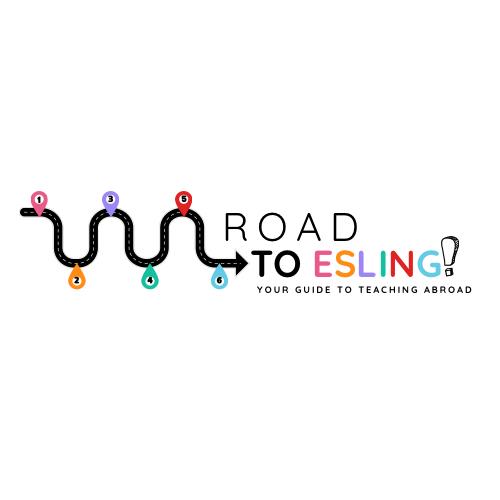


The English Program in Korea (EPIK) is a government-sponsored initiative that places foreign teachers in public schools across South Korea. As an EPIK teacher, you'll have the opportunity to experience Korean culture, develop your teaching skills, and make a meaningful impact on students’ English education. EPIK has added a new option to their program: EPIK Plus, which provides priority processing and higher chances of placement specifically in rural schools throughout the Jeju and Jeollanam provinces. Click here for official EPIK website


To qualify for EPIK, applicants must meet the following criteria:
EPIK places teachers in public schools across South Korea, including:


Best Time to Apply: Apply early as positions fill on a first-come, first-served basis, especially for popular regions.
For South African applicants, here are the five essential documents required:
Each document requires specific steps to obtain, verify, and authenticate. Below is a detailed breakdown:
Your South African passport is essential as your primary travel document. Ensure your passport is valid for at least 12 months before departure. If you do not have a passport, apply for one through the Department of Home Affairs.
To start, you need to obtain a police clearance certificate from the South African Police Service (SAPS). This certificate is proof that you don’t have a criminal record. Go apply for it at your local police station or at the head office in Pretoria which will be processed much quicker
South African qualifications must be verified by the South African Qualifications Authority (SAQA). This process can take up to eight weeks, so start early. The verification letter will confirm that your degree is equivalent to a recognized international qualification.
Process, required documents and cost can be found here
Your documents must be apostilled to be recognized by EPIK and the South Korean government. This step ensures your documents are verified and legally recognized internationally. To do this you’ll need to take your documents to DIRCO. Once you have your PCC and SAQA verification letter take this to DIRCO for the apostille. Details on where to go, times and process can be found here
Edit info: Having a TEFL/TESOL certificate is crucial if your degree isn’t in education. This certificate demonstrates that you’re qualified to teach English as a foreign language. If your degree is in education your SACE teaching license qualifies you to teach. A copy of your SACE or TEFL (those who don’t have SACE) will need to be sent to EPIK. If you don’t have a TEFL/TESOL You can complete a TEFL/TESOL course online or in person. Click here for some TEFL course options.